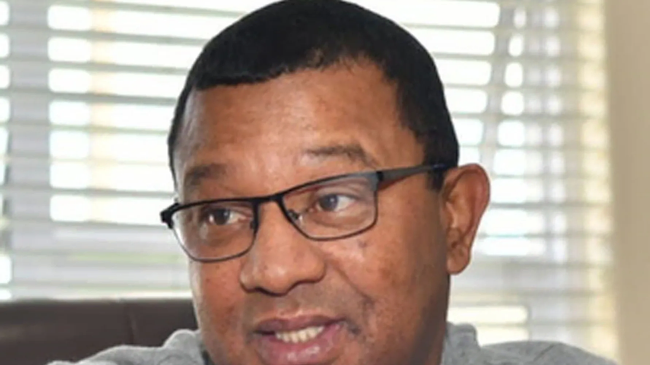Cape Town – The Western Cape High Court has heard how a complex drug network, allegedly orchestrated by Jerome "Donkie" Booysen, the notorious figure associated with the Sexy Boys gang, left highly-skilled investigators with no other choice but to resort to intercepting his communications.
These details emerged on Monday as Booysen and several co-accused appeared in court for the ongoing murder trial of Brian Wainstein, the slain "steroid king." While the investigation into the alleged drug dealings is separate from the murder case, it has become central to a trial-within-a-trial, sparked by Booysen's legal team's challenge to the legality of the wiretaps.
Advocate Amanda Nel, representing Booysen, argued last year that the information gleaned from the intercepted calls was irrelevant to the murder trial and stemmed from a 2014 application where the Hawks, the South African Police Service's (SAPS) Directorate for Priority Crime Investigation, obtained information about alleged drug sales.
As a result, Judge Vincent Saldanha must now determine whether the information obtained from the intercepted calls is admissible as evidence in the main murder trial.
A former Hawks detective took the stand on Monday, outlining the steps investigators took to infiltrate the drug syndicate they believe was run by Booysen and others. The detective detailed how the Section 205 application allowed the Hawks to identify Booysen and other individuals allegedly involved in the syndicate, pinpointing their locations in areas such as Bellville, Belhar, Heideveld, Retreat, and Johannesburg.
The former detective explained that obtaining call records was a crucial method for the investigative team to corroborate information received from various sources.
According to the detective, physical surveillance of Booysen proved fruitless, as he never directly handled drug transactions. Investigators were only able to determine that the syndicate held weekly meetings for "koekies and coffee" at a bakery on Durban Road, but the content of their discussions remained unknown.
The Hawks further explained that the syndicate had established connections with law enforcement agencies, who would tip them off about planned raids, making search operations impractical.
The detective revealed that investigators even considered sending a police agent to infiltrate the syndicate, but this option was deemed too dangerous. He explained that Booysen and his associates were highly cautious and only operated with individuals they knew well. Any unfamiliar person approaching them would be subjected to thorough scrutiny.
He explained: "Even if the person approached them and said he was from Worcester and wanted to buy R100 000 worth of drugs, Suspect A [Booysen] would immediately question people in Worcester."
The detective stated that conducting a "buy-and-bust" operation using a police agent was also considered too risky, as an exposed officer could face fatal consequences.
He added: "The option to use a police agent to infiltrate the syndicate was too dangerous…If someone was exposed as a police officer, he could lose his life."
The trial continues as Judge Saldanha weighs the admissibility of the intercepted communications, a decision that could significantly impact both the murder trial and the broader investigation into Booysen's alleged drug empire. The case highlights the challenges law enforcement faces when tackling sophisticated criminal networks and the ethical and legal complexities surrounding the use of surveillance techniques.











